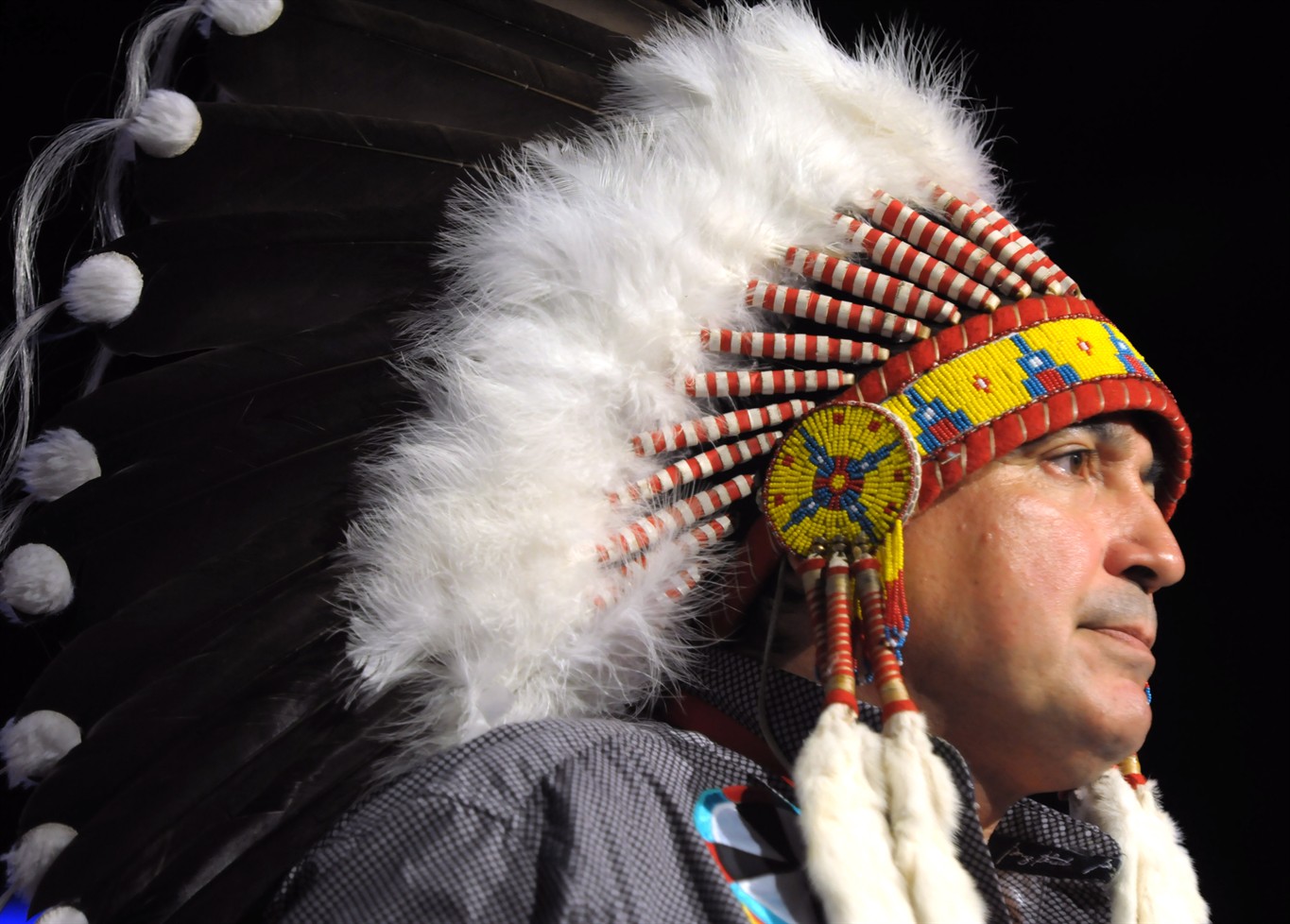REGINA – The national chief of the Assembly of First Nations has opened the organization’s annual meeting with an impassioned plea to end racism.
Perry Bellegarde said First Nations face alarming acts of hatred and violence and it must stop.
“Every child has a right to a safe and healthy home and to grow up in a society where they are treated with dignity and respect and have the same opportunities as other children,” Bellegarde told the assembly in Regina Tuesday.
“The violence, the racism, the discrimination has to end.”
Federal Justice Minister Jody Wilson-Raybould said she shares his concerns.
Wilson-Raybould said one way to address racism is through education.
“We need to ensure that we do everything that we can to address those realities,” said Wilson-Raybould, who was at the AFN meeting.
“We all need to understand the history and the realities of Indigenous peoples in this country.”
Bellegarde cited the hateful reaction to murder charges against a white Saskatchewan farmer in the death of an Indigenous man named Colton Boushie.
Boushie, 22, of the Red Pheasant First Nation, was shot and killed while riding in an SUV that went onto a farm last August.
Bellegarde spoke of the counter protests to First Nations seeking the removal of a statue in Halifax of Edward Cornwallis, who founded that city in 1749 and soon after issued a bounty on Mi’kmaq scalps.
On Canada Day, a group of off-duty Canadian military men disrupted a spiritual event at the statue marking the suffering of Indigenous peoples.
The men, who now face a military investigation and possible expulsion from the Forces, said they were members of the Proud Boys, a self-declared group of “western chauvinists” who have said they are tired of apologizing for “creating the modern world.”
Bellegarde also referenced recent deaths in Thunder Bay, Ont., that has struggled with tensions between local police and Indigenous people.
The mysterious deaths of Indigenous teenagers Tammy Keeash and Josiah Begg in Thunder Bay have made headlines across Canada.
A Statistics Canada report in June found most of the police-reported hate incidents in Thunder Bay were against Indigenous people, accounting for 29 per cent of all anti-Aboriginal hate crimes across Canada in 2015.
On Monday, the Ontario Civilian Police Commission announced that Sen. Murray Sinclair, former chairman of the Truth and Reconciliation Commission on residential schools, will oversee a probe into the city’s police services board.
Chief Bobby Cameron, head of the Federation of Sovereign Indigenous Nations, which represents First Nations in Saskatchewan, called for tougher hate crime legislation.
“How many people have to die until we take this seriously,” said Cameron.
Bellegarde said First Nations need to work with other Canadians to solve these problems.
He also touched on the embattled missing and murdered Indigenous women inquiry.
“This is not simply a policy matter for us, this is about our families,” he said.
“So we need to support the work of those commissioners and their staff. We need to pray with them. We need to hold them up. We need to lift them up.”







